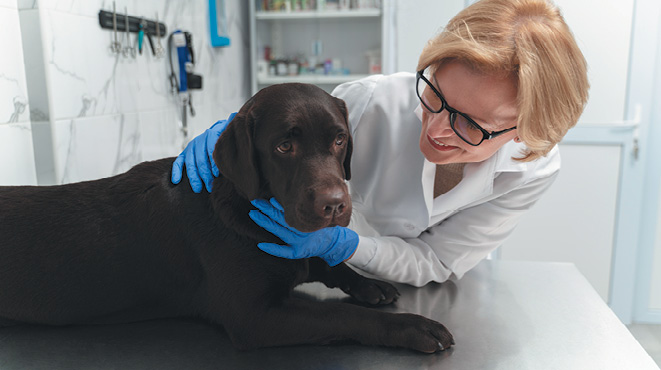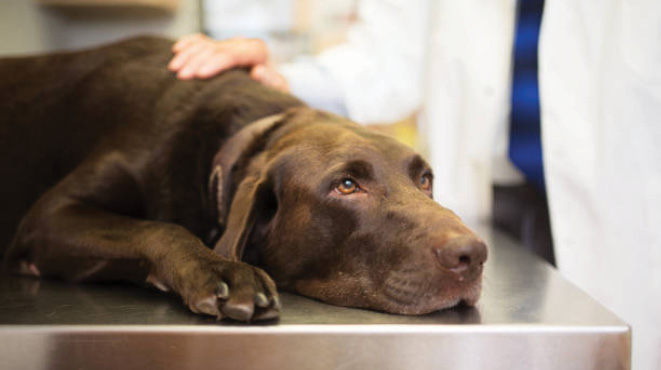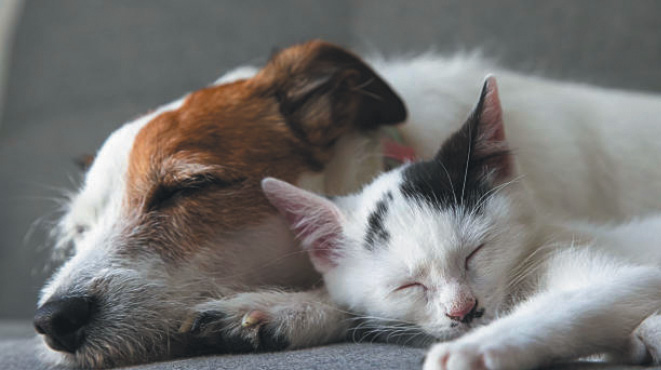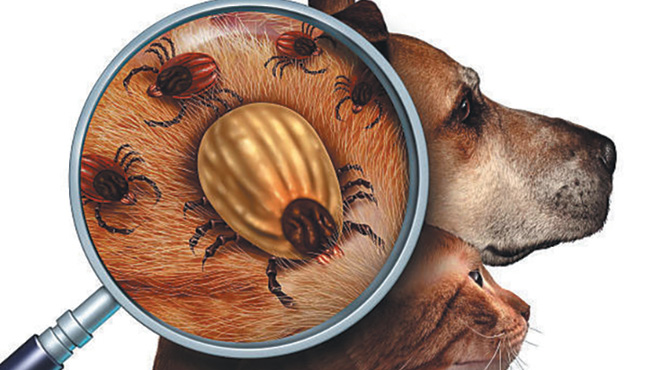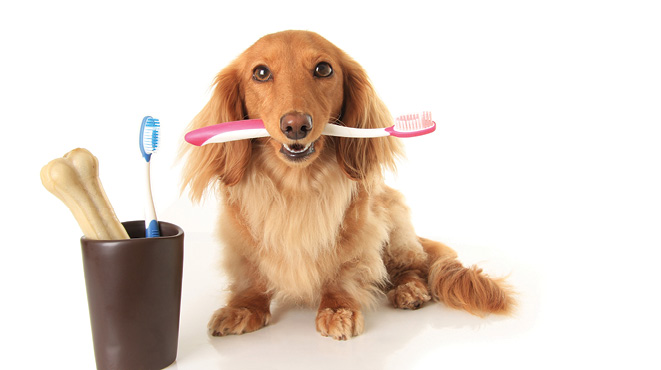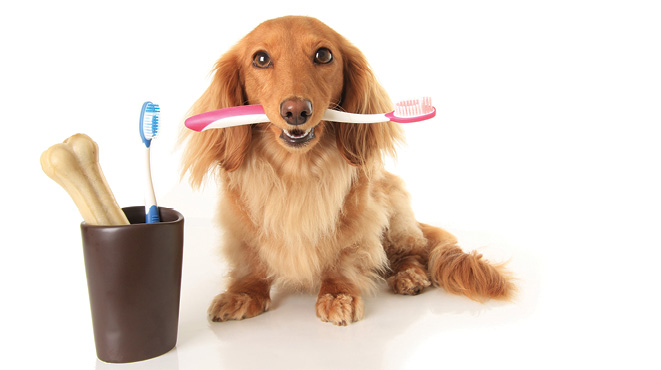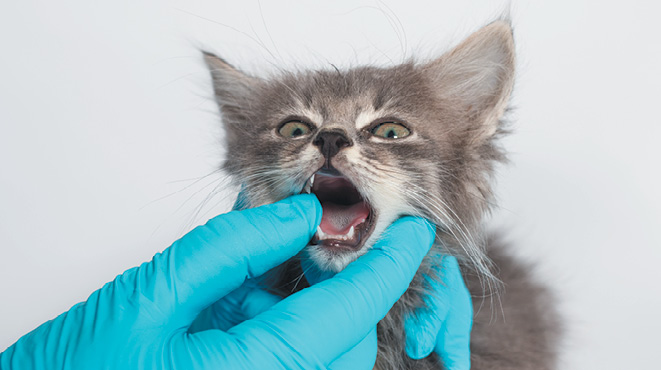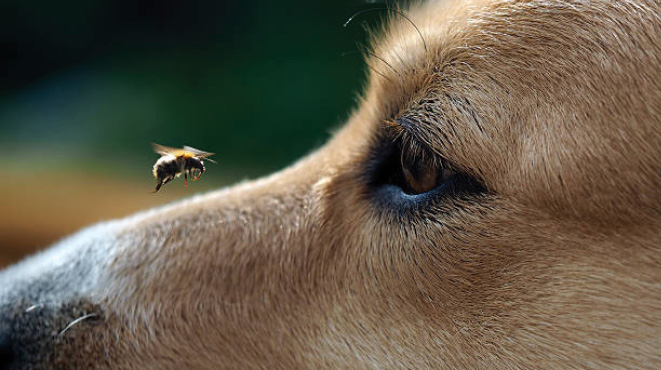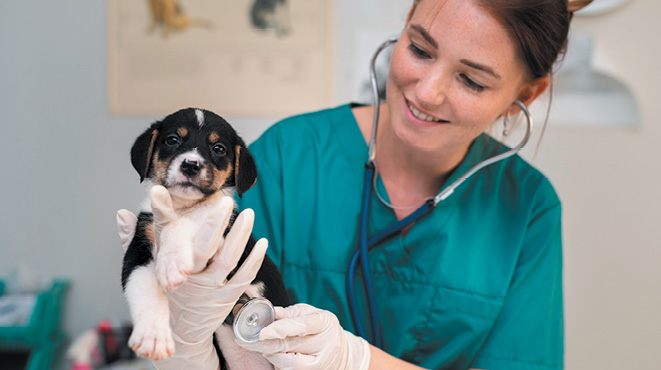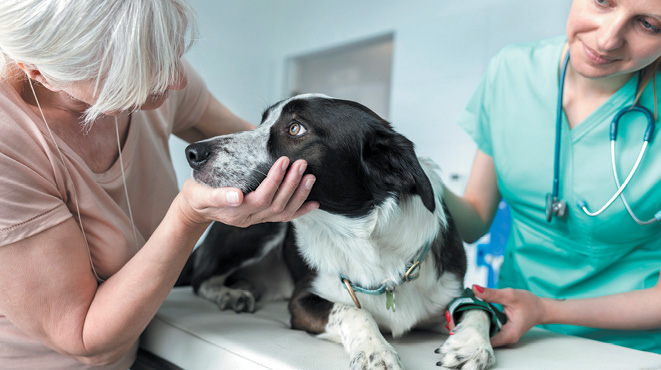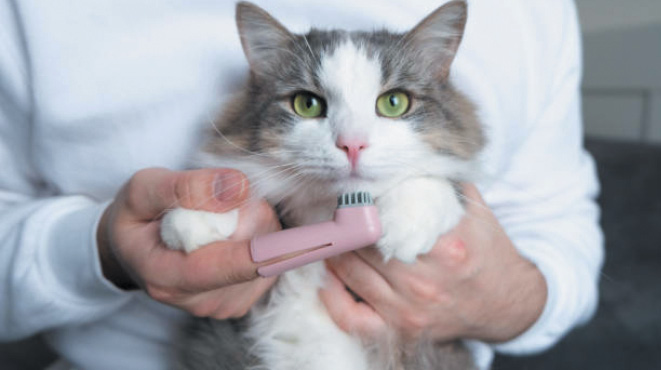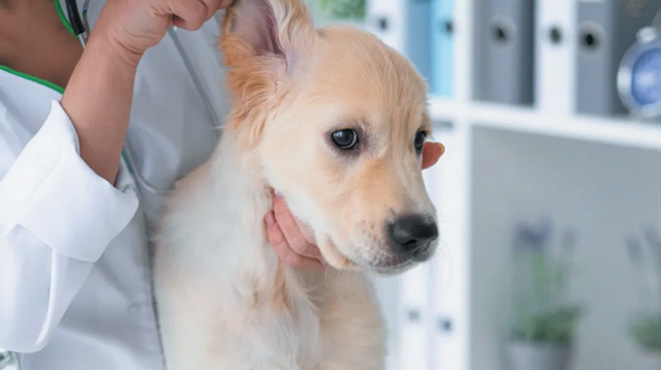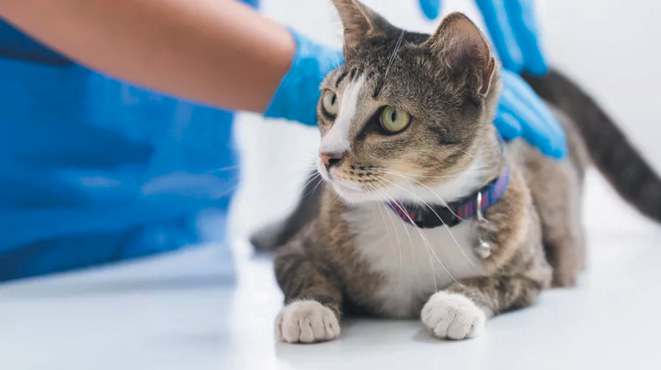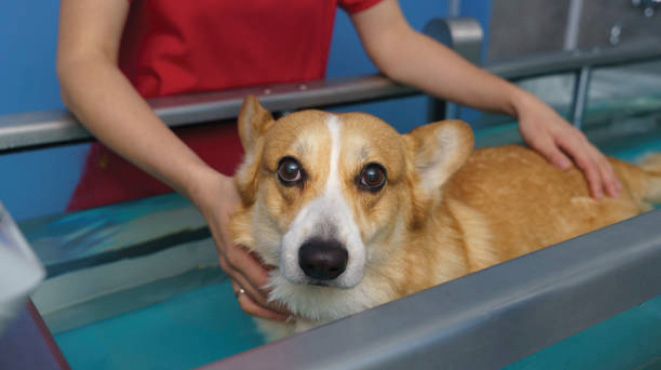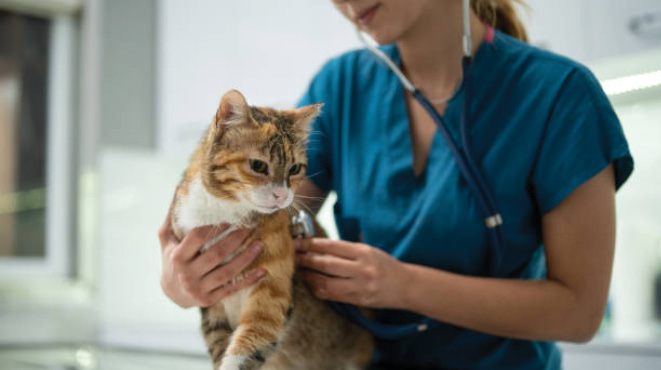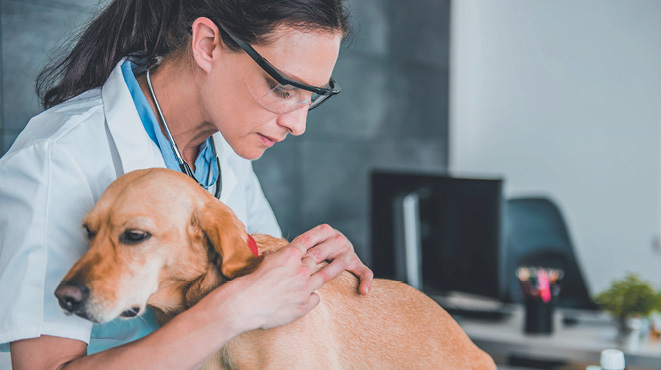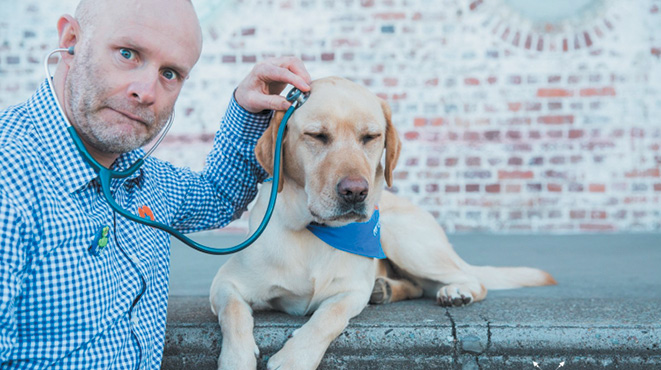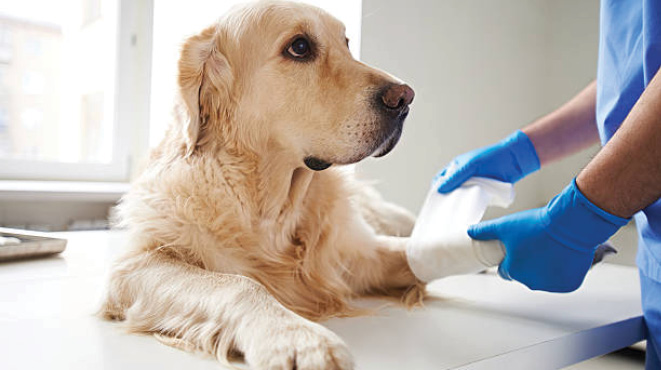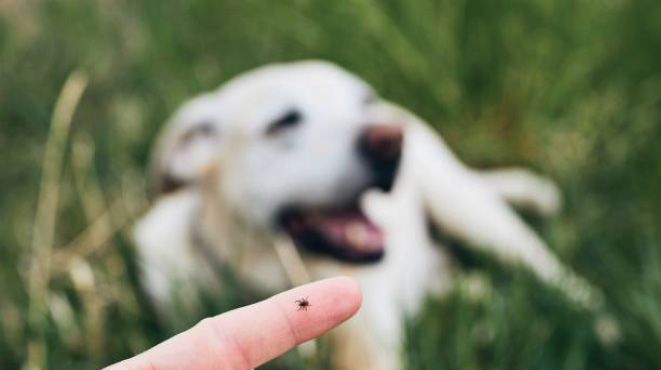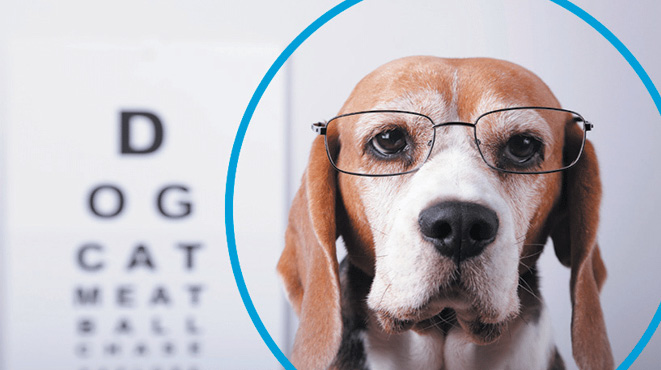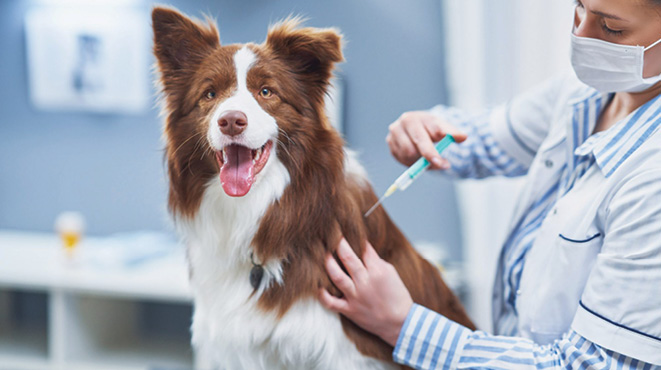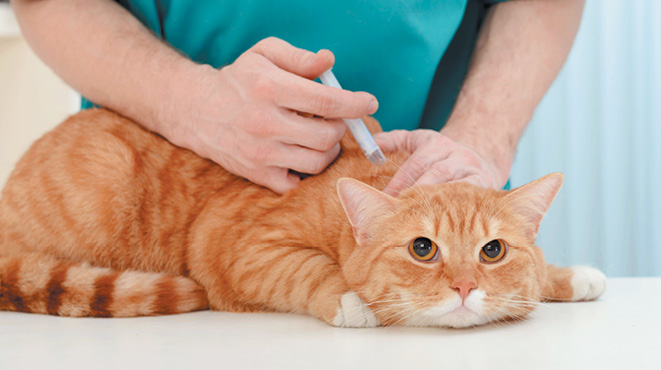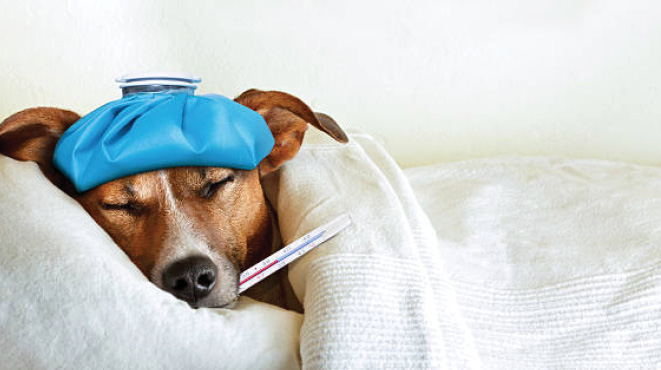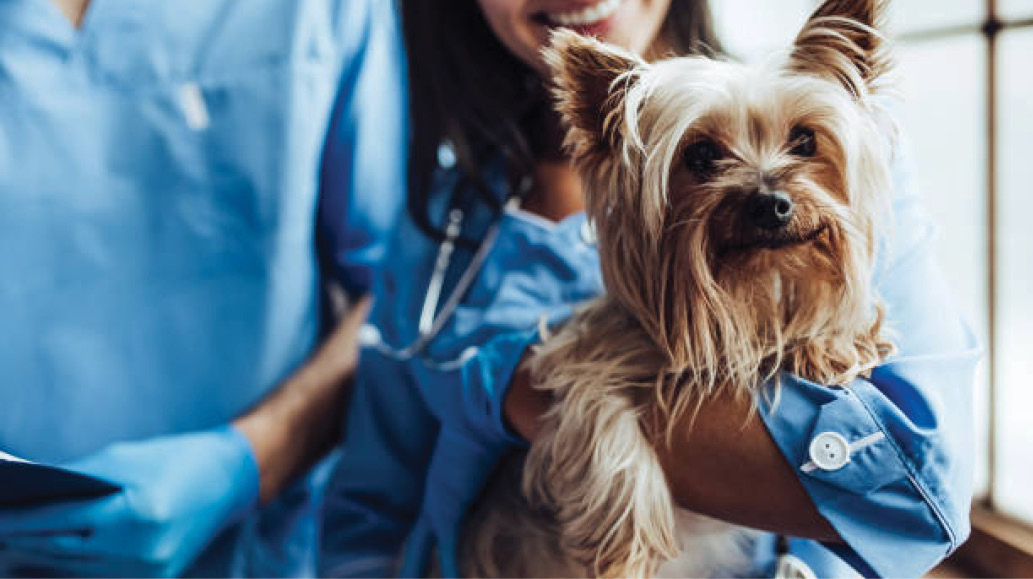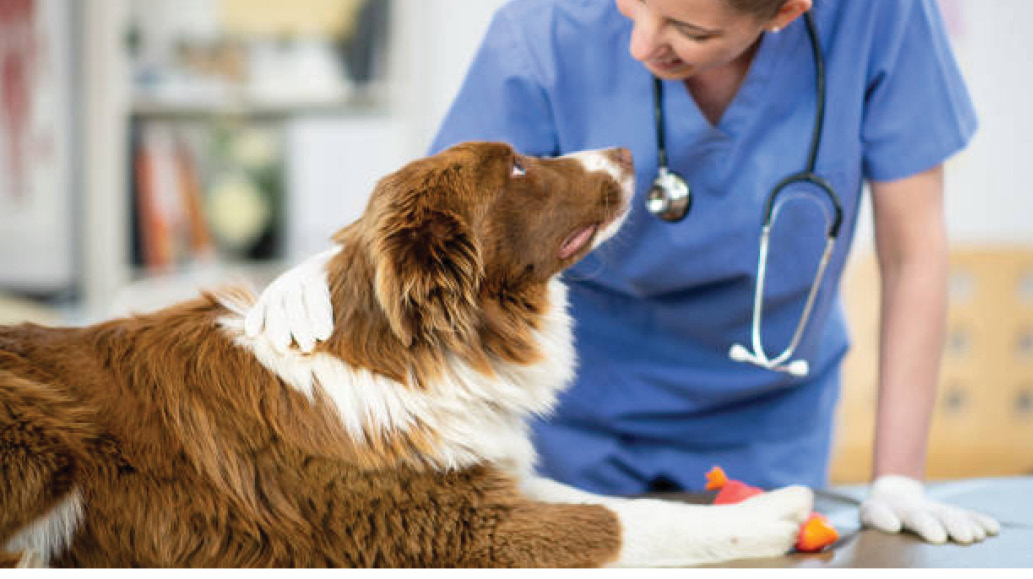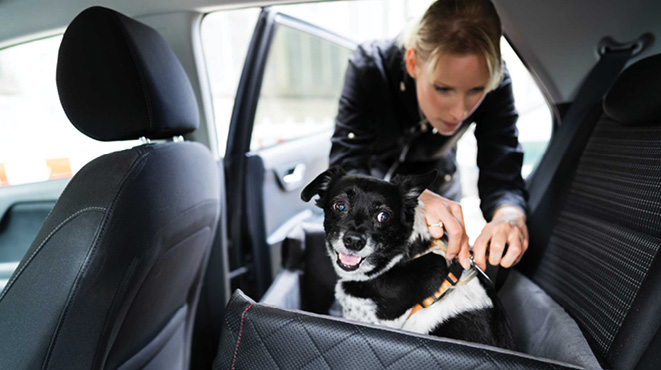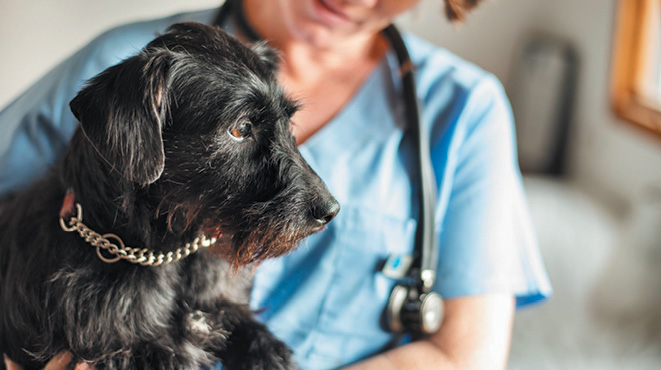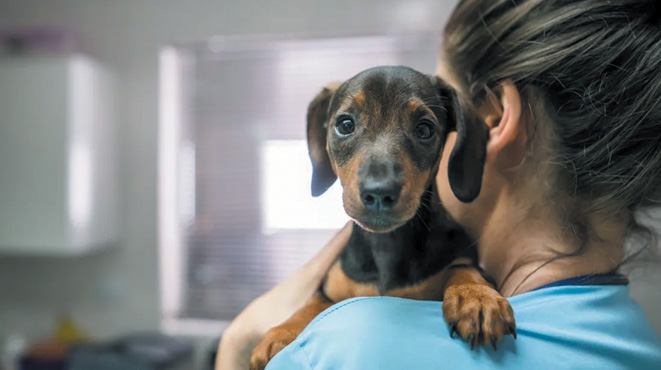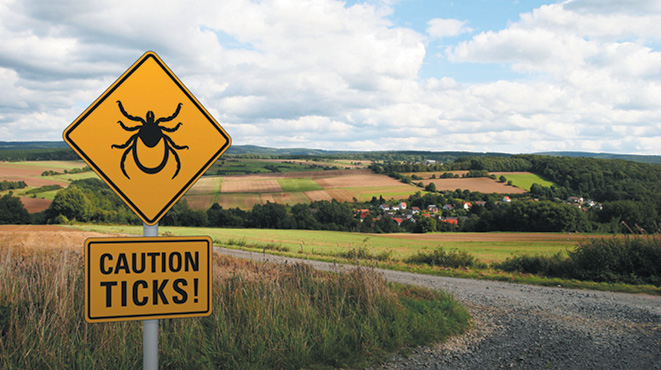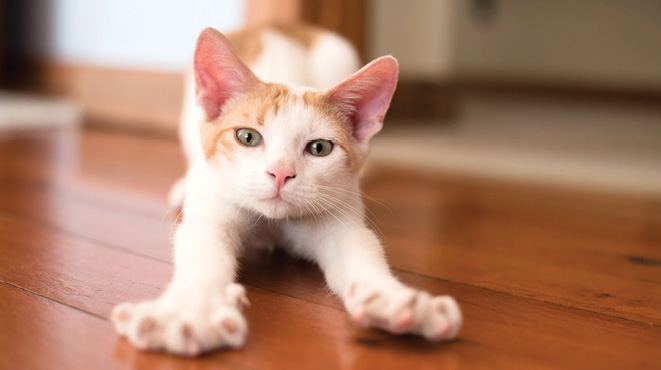BY DR NICKY THOMAS, WYNNUM MANLY VETERINARY HOSPITAL
 Fleas are a common cause of skin disease in dogs and cats. Flea bites can be quite painful and lead to intense itching, particularly in those pets who are sensitive. Flea saliva can cause an allergic reaction known as flea allergy dermatitis, which results in ongoing skin disease even after just one bite.
Fleas are a common cause of skin disease in dogs and cats. Flea bites can be quite painful and lead to intense itching, particularly in those pets who are sensitive. Flea saliva can cause an allergic reaction known as flea allergy dermatitis, which results in ongoing skin disease even after just one bite.
Signs of flea infestation
Adult fleas can be seen on the skin and coat of your pet, especially those with white or light-coloured fur. For every adult flea present, there are at least 100 immature fleas on your pet or in their environment.
Signs of flea infestation include:
- Itching and scratching
- Red, irritated skin, sometimes scabbing lesions
- Hair loss due to biting and scratching
- Flea dirt on the coat or skin – appears as tiny black flecks
Flea prevention
It is important that all pets in the household are treated with a flea product whether or not they are showing signs of flea infestation.
There are several different flea prevention options available in a range of forms, including topical (“top spot”), oral chews and tablets, flea shampoo or flea collars. There are different products available for dogs and cats, and it is critically important to use the correct product for each species – some of the chemicals used on dogs are not safe to be used on cats.
Other issues caused by fleas
There are a number of other medical issues which may be caused by flea infestation. As mentioned previously, animals may develop an allergic reaction to the flea saliva leading to flea allergy dermatitis. Other issues caused by fleas include:
- Tapeworm – fleas are the intermediate host of the flea tapeworm Dipylidium caninum. Fleas inject the larva of the worm into the dog or cat resulting in the development of adult worms in the digestive tract of the pet.
- Anaemia – fleas feed on blood. A large population of fleas on a dog or cat is capable of ingesting enough blood to cause anaemia in the pet.
- Bartonellosis – flea bites can inject the bacteria Bartonella into the bloodstream, causing disease in the affected dog or cat.
Have a chat with your vet about the best way to prevent flea infestation in your pet.



